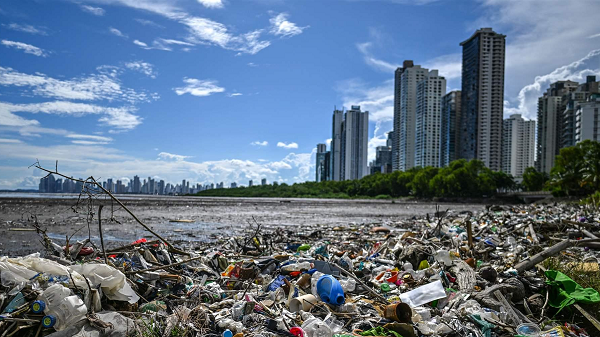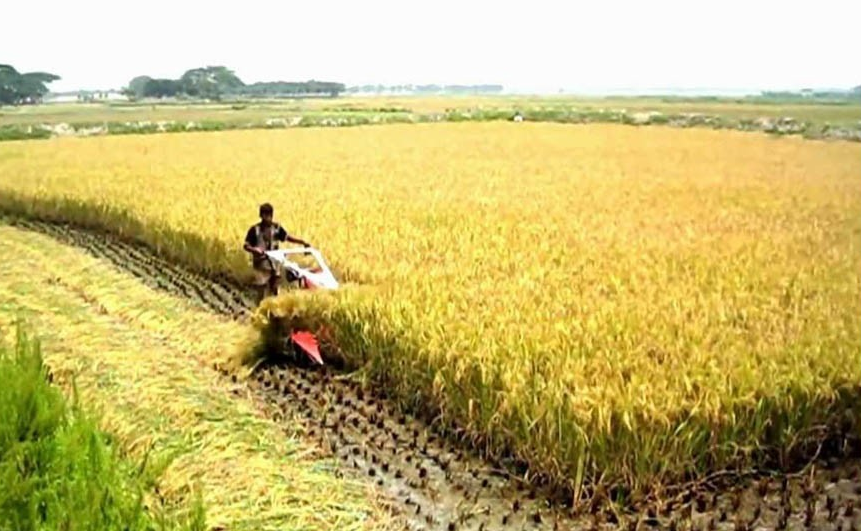SHUBHAM SHARMA & JYOTI YADAV
Ban on Single-Use Plastic
In the events that have come to light recently, India put a ban on single-use plastics in the year 2022. A central government committee came to a conclusion considering all factors such as the utility of the product and proportionate environmental impact. Disposable items such as plastic bags and straws are examples that were banned. As the demand for plastic is high and the production costs are low, it is being produced in bulk. About 40% of the plastic waste is not collected and stays unattended, often in public places. Pickers are paid meager amounts to collect recyclable plastic waste such as water bottles. Items such as grocery bags cannot be recycled as their quality is very cheap and they are not meant for more than a couple of uses.
Most of the plastic in India is not recycled but it is down-cycled. It means that the quality and lifespan of the recycled product are greatly reduced. The move is not genius but it is much needed. A lot of restaurants have started replacing plastic with biodegradable cutlery. The government has to incentivize recycling and also look after the production of affordable alternatives. They also have to make sure to implement the upcoming laws as a similar ban in the year 2018 completely failed.
Legislations pertaining to the Environment
The Environment Protection Act – Agreed upon in the year 1972 at the Stockholm conference, the environment acts solely aimed at the improvement of our ecosystems. Some of the important sections of the Act are as follows;
Section 6 – It enables the Central Government to introduce new laws and to make changes to the existing ones by notifying the gazette.
Section 8 – Deals hazardous substances and lays down safeguarding procedures.
The Plastic Waste (Management and Handling) Rules 2011 – It contains a list of specific rules that have to be followed by corporations and individuals especially those in the manufacture and distribution of plastic.
Some of the detailed conditions are as follows;
- No carry bag should be pigmented with colors that are not in conformity with the already set Indian standards.
- Recycled Plastic is not to be reused in the form of plastic bags. The manufacture and distribution of plastic bags with less than 40mm thickness are prohibited.
- Plastics are not to be used in the form of sachets that are being used to store Gutka or any other tobacco products. Some of the mentioned waste management guidelines are as follows;
- All guidelines and rules laid down by the government have to be followed when it comes to recycling old plastic.
Waste management systems have to be set up at a grassroots level. This job has to be done at a local level and is thus best if done by local civic or municipal bodies. From the setting up to the day-to-day operations, everything has to be done by Municipal bodies in accordance with the state or central standards. The most important tasks to be undertaken are storage, separation, transportation, initial processing, and safe disposal of all plastic waste. The most important point to be kept in mind is that no harm should be caused to the environment.
Collection and storage facilities have to be developed and the waste has to be directly channelized towards the recyclers. All those who are a part of the process, be it a sweeper, have to be made aware of their duties and responsibilities. Guidelines regarding outsourcing of work are also mentioned.
The Act was amended in the year 2018 and the rules laid down were applied to rural bodies such as Gram Panchayats. The rules are also applicable and are to be followed by every single manufacturer, importer, and exporter of goods. The term ‘producer’s liability’ is used multiple times to make them aware of the obligations they owe to society. At the heart of it all, the aim is to create an efficient system of dealing with the product till it meets its end.
Other problems like plastic microfibres from synthetic garments or tire abrasions in cars are probably going to be far more troublesome. The key takeaway is that without a thorough understanding of behaviour at the individual, group, and societal levels, we are unlikely to find a solution. Sociologists can investigate the interactions between cultural ideals of “good citizenship” and “responsible parenting” and other ideals that contradict ecologically friendly behaviour. This is especially true when it comes to threats to human health where there is scientific ambiguity. Currently, images of dead whales or seabirds caught in plastic can evoke strong emotional reactions in people, but they can also be quickly dismissed as the latest fad. However, the issue of plastic pollution poses important questions about sustainability and how we live, necessitating a persistent systemic and interdisciplinary approach.
(Concluded…)
(Authors are Advocates at Delhi High Court and can be reached at [email protected])








